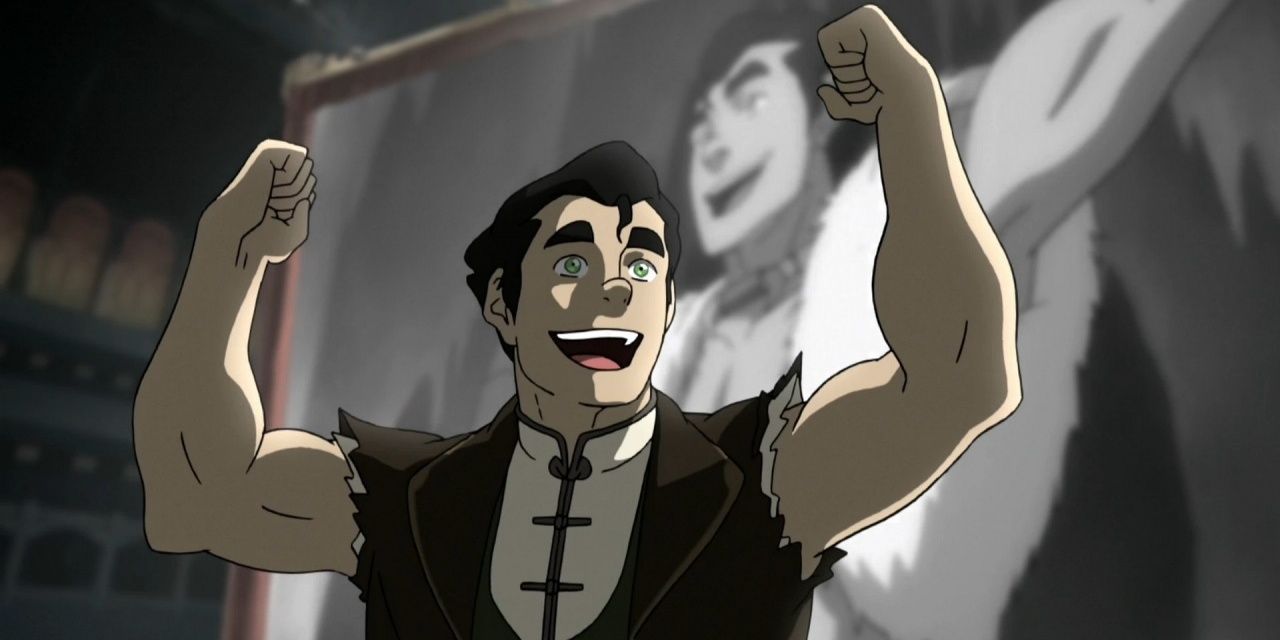
Being balanced is having both bravery and compassion. The final breakthrough comes when Toph helps Korra realize the similarities between her and her enemies. In a rare move for a mainstream children's cartoon, The Legend of Korra spends most of its last season exploring Korra's depression and PTSD and how it affects every aspect of Korra's self. It's a gruesome way to end a season, but more important is how it continues to haunt Korra halfway through the following season. In season three, the extremist Zaheer nearly suffocates Korra, and leaves her in a wheelchair. The show has Korra fight and defeat her enemies, sure, but also suffer immensely because of them and learn from her ideas. In spite of this and Unalaq's clearly evil intentions, Korra recognizes the value in his teachings, and decides to leave the portals open, allowing humans and spirits to live together in harmony again after millennia apart.

The fight against Unalaq and the spirit Vaatu is catastrophic for Korra, as it leads to her losing her connection to all her past lives forever.
#LEGEND OF KORRA SEASON 2 EPISODE 14 FREE#
When Korra's uncle shows up talking about the world's spiritual imbalance, Korra doesn't see Unalaq's ulterior motives to free the literal spirit of evil, because she realizes Unalaq has a point about the world growing apart from its spiritual traditions. Korra realizes this when she witnesses the police rounding innocent non-benders up and arresting them for no reason. She also realizes that, though Amon's methods were dangerous and extreme, his followers did have good concerns about equality for non-benders.


In the first season, Korra loses her bending to Amon during a fight, which severely damages her self-confidence for Season 2. The villains have complicated motivations and backgrounds, and they become intrinsically connected to Korra's self-growth. The world of The Legend of Korra is not as black-and-white as the story of Avatar Aang.


 0 kommentar(er)
0 kommentar(er)
